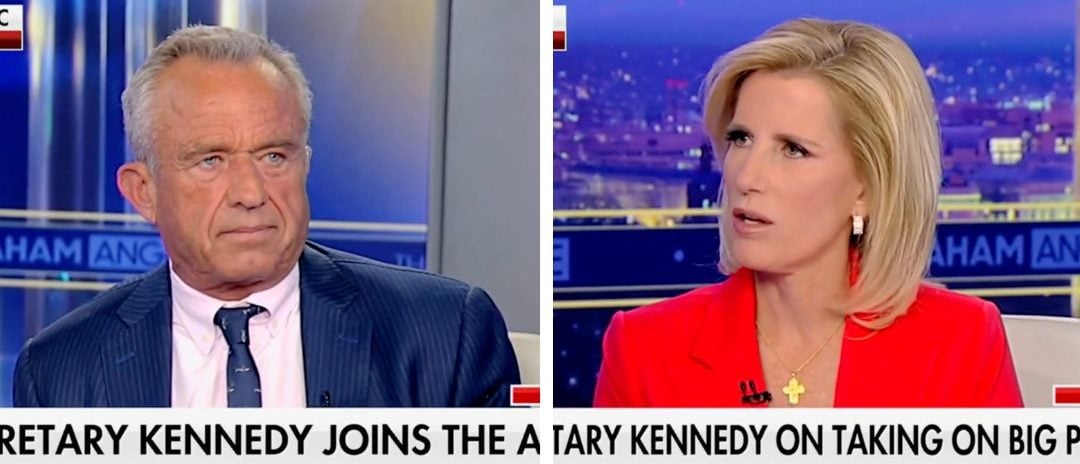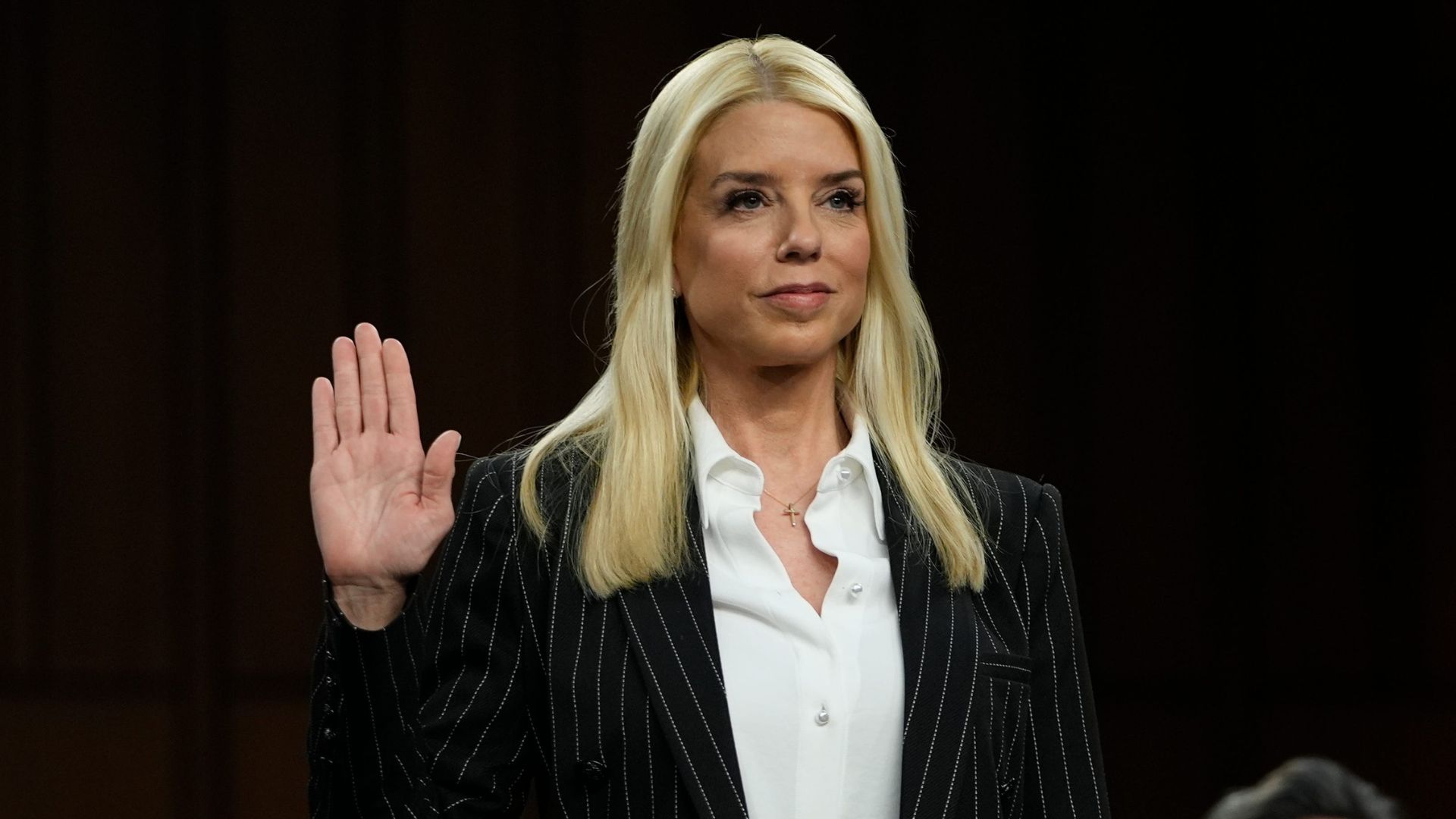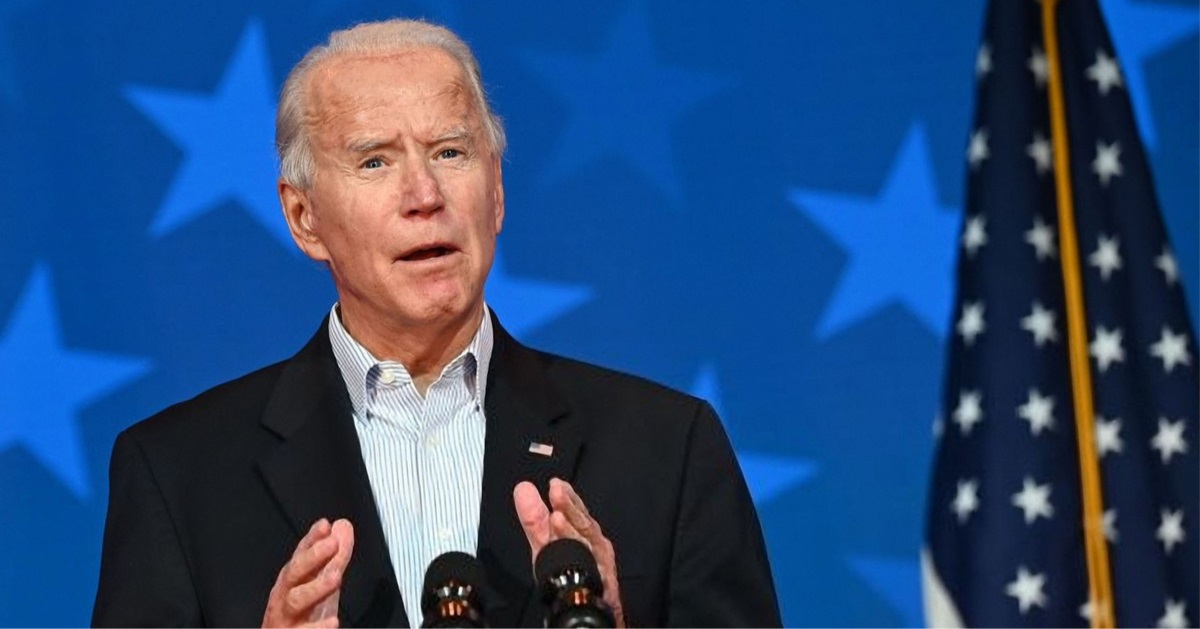Secretary of Health and Human Services Robert F. Kennedy Jr. recently expressed his desire to reform policies related to the Supplemental Nutrition Assistance Program (SNAP). Confirmed as the new HHS secretary by a narrow Senate vote, Kennedy emphasized his focus during a Fox News interview. His critics, according to Laura Ingraham, are likely to label his plans as a move towards a “nanny state.”
Kennedy clarified that he has no intention of banning popular fast-food items like McDonald’s Big Mac. Instead, he suggested that such companies should be encouraged to use healthier cooking ingredients. By promoting beef tallow over seed oils, Kennedy believes that these changes could lead to better public health outcomes.
Highlighting personal choice, Kennedy stressed that his goal isn’t to restrict what people can eat. His primary concern lies with government-funded programs like SNAP and school lunches. He argued that the government should not financially support unhealthy eating habits.
SNAP, managed by the U.S. Department of Agriculture, is designed to assist low-income families with food benefits. A 2021 USDA report found that most SNAP recipients struggle to maintain a healthy diet throughout the month. This is a significant concern for Kennedy, who has long been vocal about the nation’s health challenges.
Statistics from the Centers for Disease Control reveal that over 100 million American adults are battling obesity. Kennedy’s “Make America Healthy Again” initiative, coined during his presidential run, aims to address these alarming figures. After withdrawing from the race, he endorsed Donald Trump, further cementing his commitment to improving national health.
In his conversation with Ingraham, Kennedy emphasized the importance of “freedom of choice.” He advocates for “radical transparency” to help Americans make informed decisions about their diets. By understanding the long-term effects of consuming certain foods, Kennedy hopes to empower individuals to lead healthier lives.
Kennedy pointed out the stark difference between food standards in the U.S. and Europe. While the U.S. permits around 10,000 food additives, Europe only allows 400, with many American additives being banned overseas. Kennedy suggests that adopting European standards could be beneficial for Americans.
In a previous interview with Fox News, Kennedy discussed the pervasive use of seed oils in American diets. He attributed the prevalence of these “unhealthy ingredients” to government subsidies. Such subsidies, he argued, contribute to widespread health issues, including inflammation.
Kennedy’s stance is informed by a broader perspective on public health and government responsibility. He believes that policy changes in federally funded programs could have a significant impact. By prioritizing health, the government can play a pivotal role in reducing obesity and related diseases.
Despite his critics, Kennedy remains steadfast in his mission to promote health-conscious policies. He envisions a future where Americans are better informed about their dietary choices. His efforts reflect a commitment to transparency and public well-being.
The debate over SNAP and public health is likely to continue as Kennedy pushes for reforms. His focus on healthier ingredients and informed choices aligns with a broader conservative perspective. By reducing government subsidies for unhealthy foods, he hopes to foster a healthier nation.
Kennedy’s approach to health policy is rooted in personal responsibility and informed decision-making. His advocacy for transparency underscores his belief in the power of knowledge. Through education and reform, he aims to empower Americans to make healthier choices.
The broader implications of Kennedy’s policies could extend beyond SNAP. As public awareness increases, there may be a shift in consumer behavior. This could lead to a demand for healthier options and more responsible food production practices.
Kennedy’s commitment to change is driven by a desire to see tangible improvements in public health. His focus on government-funded programs highlights the potential for impactful reforms. By addressing the root causes of poor health, he hopes to make a lasting difference.
As the conversation around nutrition and public health evolves, Kennedy’s views will likely shape future discussions. His emphasis on European standards and transparency offers a clear direction. Through his leadership, there is potential for significant advancements in national health policies.
Kennedy’s efforts to reform SNAP and promote healthier eating habits reflect a broader ideological stance. His approach aligns with traditional conservative values of choice and responsibility. By focusing on informed decision-making, he seeks to empower individuals and improve public health.




Tax money shouldn’t be buying junk food.
I have to agree it is hard to watch some one pay for cokes, cookies and chips with their snap card, and then pay cash for cigarettes.
I know I wouldn’t want someone telling me what I could buy, but if your depending on someone else to help you pay for food thats different.